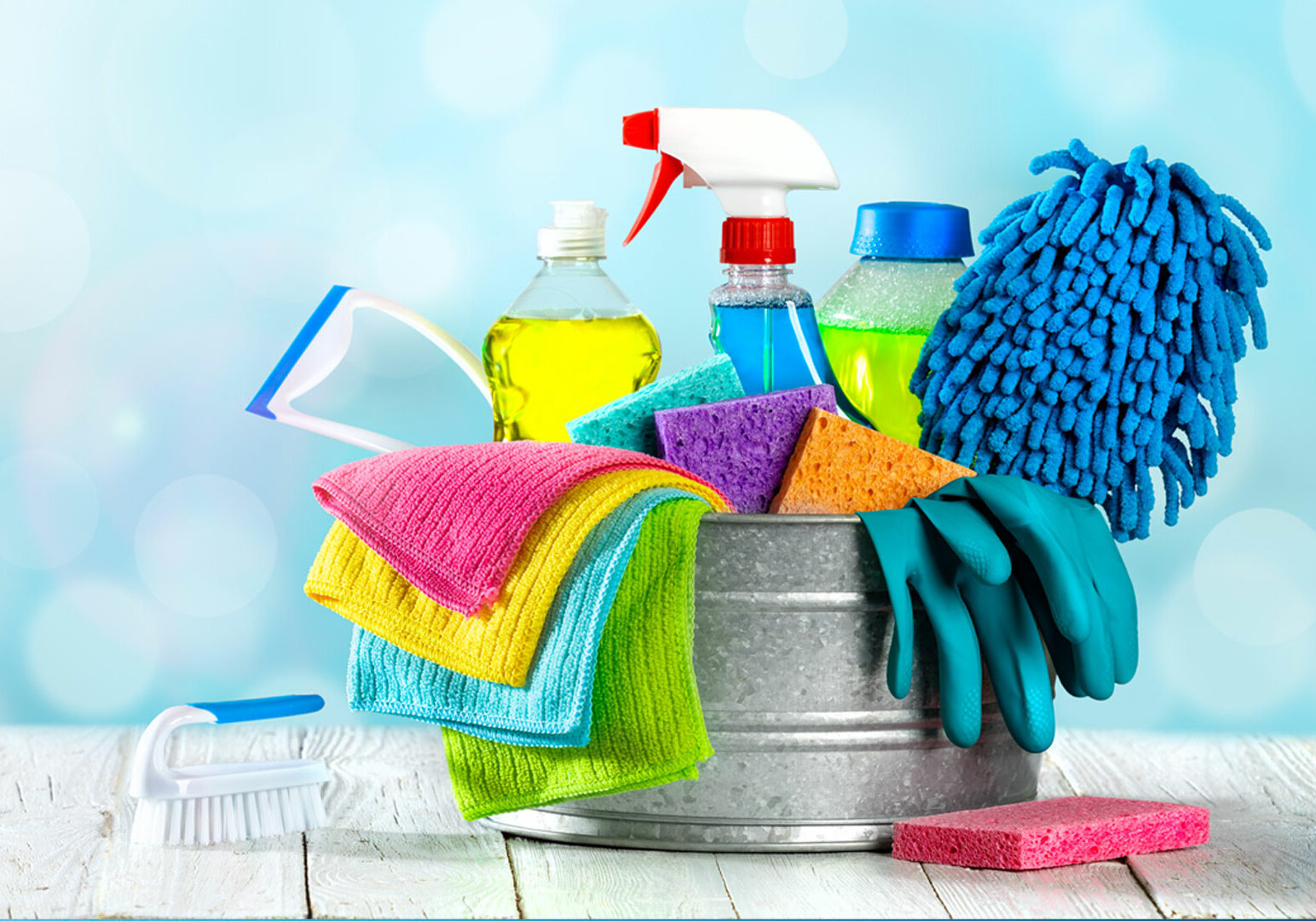Home | Altura Blog |
Use of Chemicals in the Home Blog
May 26, 2021 | Altura Blog
Topic:
Health and Safety
When you look at the day to day chemicals you use in your own home, it’s easy to be complacent about their use and the risks they may pose. But when providing domestic support in someone else’s home, these risks need to be identified and minimised to ensure the safety of yourself and those around you.
Most household chemicals have many uses such as cleaning, hygiene and cooking and are generally safe to handle. However, if they are handled, used, stored or disposed of incorrectly; they have the potential to cause significant harm to yourself, the individuals you support, others and the environment.
Potential harms can include: irritation, corrosion, narcotic effect, poisoning and death. Whilst these effects are a cause for concern they can be minimised and even eliminated providing safe working practices are adopted.
Our new course Use of Chemicals in the Home
explores common chemicals found in the home and how to quickly identify the hazards associated with them. You will learn more about the new Globally Harmonised System (GHS) Symbols, the purpose of the Safety Data Sheets (SDS/MSDS) as well as how to risk assess the chemicals you use during your daily role.
The course will be added to the home care library on the 23/06/2021 and is a fundamental aged care course on the Altura Learning, Learning Pathway, so it’s perfect for all staff who work in an individual’s home.
As usual, the course is supported by our suite of learning resources which includes our Quick Reference Guide and Infographic which are terrific tools to support quick refreshers of the content, micro-learning or tool box talks.
Tips
- Did you know, many household chemicals can be substituted for safer products that are still just as effective for the task.
- Some chemicals can cause immediate harm or injury, whilst others can cause harm during longer term exposure.
- Some chemicals can have more than one hazard associated with them.
- For a chemical to be hazardous to humans it needs to be absorbed into the body via skin/membranes (direct/indirect) contact, inhaled, ingested or injected.
- Chemicals can be particularly hazardous where children or individuals living with a cognitive impairment may be present.


